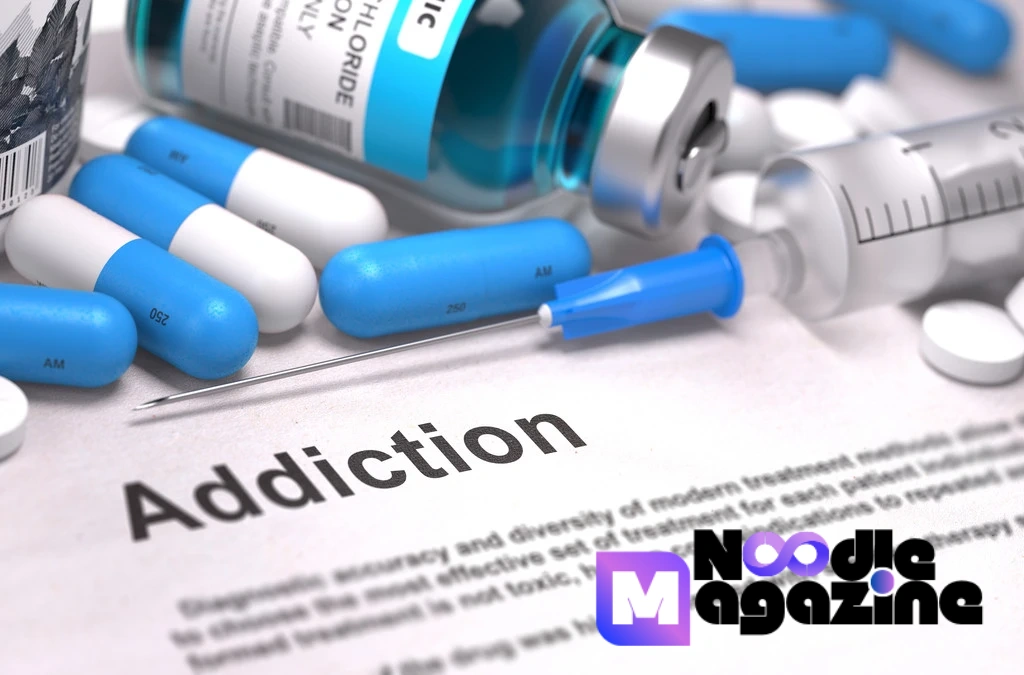While recovering from addiction, understanding trauma is crucial for a smooth recovery plan. Someone who is addicted and is now on a recovery journey may have a significant impact due to trauma.
What is a traumatic experience?
Every life event that compromises your safety and may endanger your life or the lives of othersis considered a traumatic experience.
Types of trauma
There are numerous terrible experiences. Furthermore, every one of us has a distinct trauma experience. However, there are situations in which some incidents or experiences that result in Trauma is categorized and named.
Childhood trauma
It’s possible that you went through trauma when you were younger. These experiences may increase your risk of developing mental health issues as an adult.
Collective trauma
A painful occurrence that affects a lot of people at once is referred to as collective trauma. It follows that opinions on the occurrence are not shared by all those who witnessed it.
Generational trauma
Trauma that is experienced by multiple generations within a family, culture, or group is referred to as intergenerational or generational trauma.
The Impact of Trauma
You may be more susceptible to mental health issues after experiencing trauma. Additionally, it can cause post-traumatic stress disorder (PTSD). Some people abuse drugs, alcohol, or self- harm as a coping mechanism for painful memories and feelings.
Challenges in Recovery because of trauma
A full detox is required if an individual wants good results. California Detox can help you with this. You can get planned treatment and a comfortable journey here. Treatment makes life easier but you have to have faith and dedication towards recovery.
Conclusion
For healing to be effective, trauma must be understood in the context of rehabilitation. To address the psychological, emotional, and physical aspects of trauma, a comprehensive approach is necessary.




